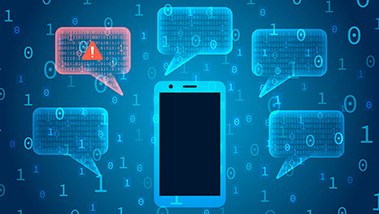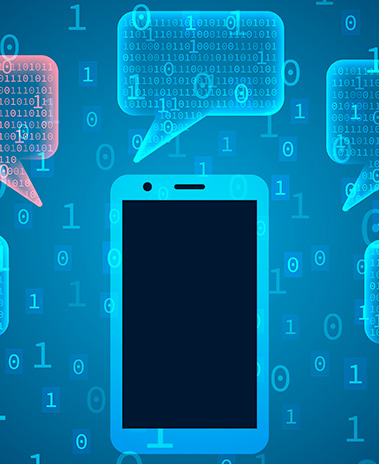#internet
Nowadays we are immersed in the information society, Internet has become the decisive technology: billions of people all over the world can access free and immediate information. There is an immense amount of data that we can find online, it is necessary to educate people in managing that information.
-
Data processing centers have become fundamental for all organisations. We’ll tell you what they are, how they work and why electrical power is so important to them that it’s led to the size of the centers being measured in MW.
At Iberdrola, as a leading company in innovation, transformation and digitalization, we attach strategic importance to cybersecurity, which is essential to evolve and provide increasingly secure services and operations in all the geographies in which we operate and in an increasingly complex ecosystem and threat landscape.
-
Discover the importance of cybersecurity, how we defend ourselves against cyberattacks at Iberdrola and our tips to avoid them.
Although it might seem otherwise, spatial computing does not refer to the exploration of outer space, but rather to the interconnection of devices allowing interactions with computer systems through gestures, eye movements or the voice itself – revolutionising the way we interact with computers.
-
Mobile phone scams are becoming more frequent and the methods used to carry them out are becoming more complex. Smishing is a type of text message scam. Find out what it involves, what types exist and how to avoid falling victim to this scam.
The digital technologies we use on a daily basis have become a breeding ground for new forms of scams and frauds. One of these is vishing, a type of deception via a phone call. Find out what it involves, what types exist and how to avoid data spoofing.




















